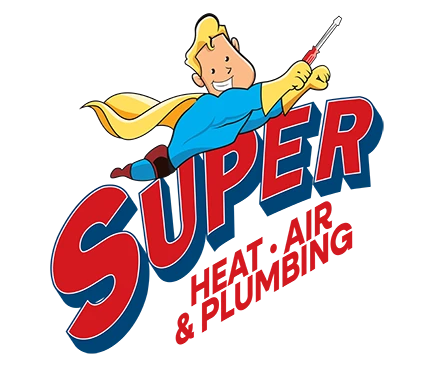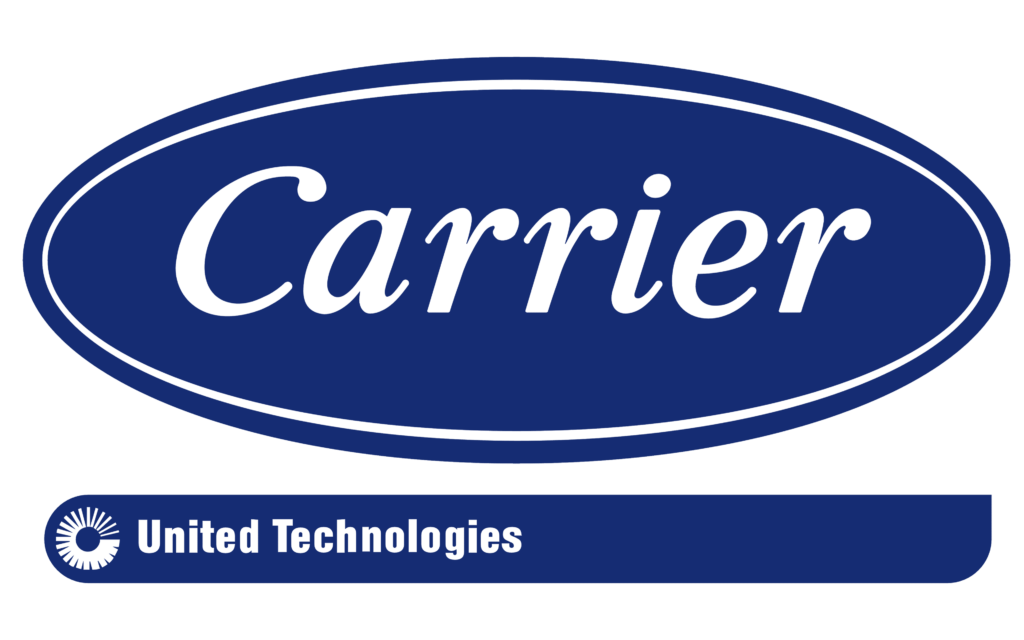Layman’s definition of ‘Lightning’: An electric light show in the sky we get to experience quite often, sometimes up close (too close).
After all, Greater Tampa Bay is known as “The lightning capital of the world.”
Heck, we even have a prominent pro hockey team named after it: the Tampa Bay Lightning. But enough about them. Let’s talk about how a lightning strike could affect your air conditioning system.
Here are some ways you can protect your air conditioner from a lightning strike
1. Turn off your AC
The hot, humid weather that makes us want to fire up our air conditioners is also weather that is prone to thunderstorms. The idea that a nearby lightning strike can affect your home’s HVAC unit is a legitimate concern. But running your AC during a thunderstorm can lead to some serious damage.
Are you crazy?
We know what you’re thinking: “Turn off my AC during hot weather? No way!” We’re sorry to inform you that the best way to prevent lightning damage to your air conditioning system is to shut it off during thunderstorms. But the good news is humidity and temperatures can drop during thunderstorms, so it’s not so bad now, is it?
Make no mistake about it: damage caused by a lightning strike can kill your air conditioner, which is full of sensitive electrical circuitry. This could lead to a costly air conditioning repair, and that’s when you know it’s time to call Super Heat, Air, and Plumbing)
2. Power Surge Scourge
But anyway, an air conditioner’s system controls can be corrupted if a lightning strike occurs while the system is operating. It may not damage your HVAC unit right away. But the power surges that follow an outage from a thunderstorm can mess up your air conditioner. Power surges create a spike in voltage that can damage appliances and electronics. The effects of lightning strikes on an air conditioning unit may not be immediately noticeable. However, you may experience poor performance from your unit over time.
Mo Lightning, Mo Problems

Lightning strikes can create a plethora of problems for your air conditioning unit, including a damaged capacitor. It’s one of the parts most commonly affected by lightning and one of the most common problems associated with a damaged air conditioner. Basically, if the capacitor goes, the compressor will soon follow.
A compressor is one of the most expensive parts of an air conditioner to fix or replace.And it can take months for an air conditioning system to fail after the compressor has been damaged. A spike in voltage could also cause the breaker to trip or fuses to blow due to damaged electrical lines. A power surge can burn electrical wires within the air conditioner or within your home, which could lead to air conditioning unit failure.
It’s important to have your HVAC unit inspected following a lightning strike to avoid more expensive replacements down the road. We’ll save you the shameless plug this time, but you know who to call for that.
3. AC Abstinence
Ever seen an abstinence PSA, where they say the best protection from pregnancy or STDs is abstinence? The same principle can be applied here: the best way to protect your HVAC unit is to abstain from using it during a storm. That means there is lightning protection out there for your AC. But unfortunately, there’s not a whole lot you can do to prevent a direct lightning strike from damaging your air conditioner during a thunderstorm. We can’t predict when or where lightning will strike. However, there are protective measures you can take to reduce the risk of damage.
One measure you can take is surge protection for your entire home. Surge protection is a great idea and a wise investment. However, it may not provide enough protection alone against a lightning strike. Aside from surge protectors, you can have lightning rods, conductors, and ground rods installed to create an alternate path for lightning to reach the ground and prevent it from traveling through your home’s electrical system. But again, the best protection is not to run your air conditioner during a lightning storm.
See that? Super Heat, Air, and Plumbing is always looking out for you! And if your air conditioner has been affected in any way by a lightning strike, give us a call 24 hours a day, 7 days a week (even during thunderstorms) at [hls_phone_number] to schedule an inspection or a repair.



